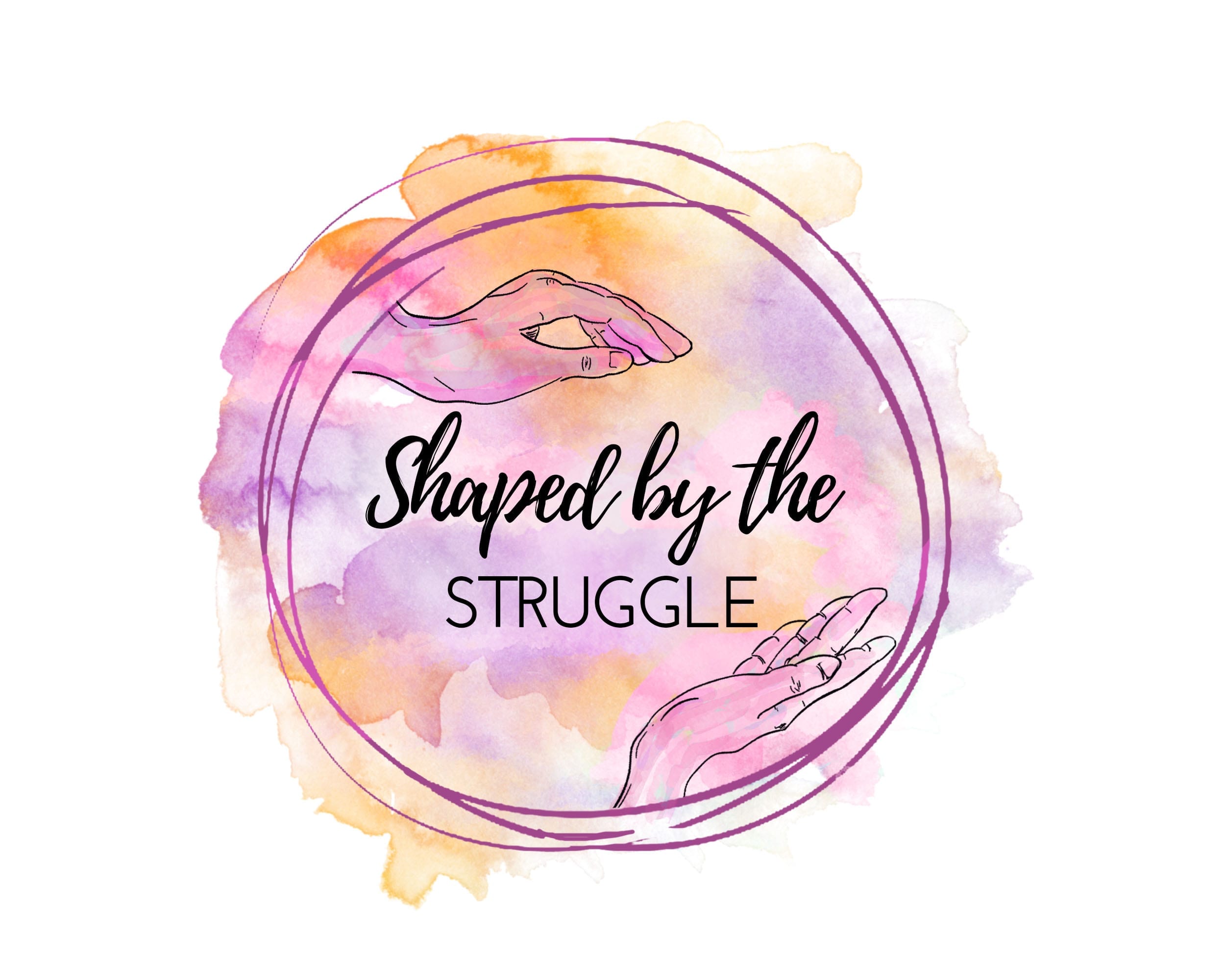There is nothing wrong with someone for struggling with mental health concerns. Whether someone battles anxiety, depression, obsessive compulsive disorder, bipolar disorder, schizophrenia, or another mental health struggle they are loved and known by God.
Before the church can talk about a Christian approach to mental health treatment or how we can advocate for mental health we need to discuss the myths that live in some Christian communities today. Please note, this blog does not serve as a self-help tool, nor is it a “prescription” for how to treat or cure any mental health condition. Additionally, I’m not claiming that all churches or Christian communities claim these beliefs.
However, as brothers and sisters in Christ we need to individually evaluate how we think and talk about mental health concerns. Whether you personally struggle with a mental health condition or not, we need to open up the conversation concerning mental health in order to serve each other and Christ in the best, possible way.
I’m simply sharing my thoughts and experiences to open up a dialogue about mental health in Christian Communities.
I feel that some churches today aren’t openly discussing mental health concerns, and I ask, “Why?” My favorite thing about the bible is that it displays people at their best and at their worst. It tells us how to live for God, but it also shows people struggling to do that very thing. Although Jesus was perfect, he struggled as well.
Jesus demonstrated signs of anxiety and extreme stress (Matthew 26:36-46, Luke 22:44).
David, Elijah, and Naomi demonstrated signs of depression
(Psalm 69:3, 1Kings 19:4, Ruth 1:20-21).
Judas and Saul committed suicide (Matthew 27:3-5, 1 Samuel 31:4).
5 Myths Surrounding Mental Health in the Church:
- If you take medication for a mental health struggle you aren’t trusting God.
It’s okay to take prescription drugs for any medical condition as long as they are recommended by your doctor and used appropriately. I know some Christian’s believe that we shouldn’t take any medication for any condition, and other’s struggle with taking medication specifically for a mental health condition.
However, God’s given us medication to utilize (1Timothy 5:23). We live in a fallen world, and therefore battle all kinds of struggles, including mental health struggles.
The belief that taking any medication is sinful is not biblical. Yes, Jesus healed the sick miraculously, but I believe any act of God is miraculous. The fact that God created medicine and minds that can advance how we use it is miraculous as well.
2. Just look at the birds and the sparrows… (Jesus said it not me).
Jesus tells us not to worry. He tells us to see how he cares for the birds and remember that he will take care of us (Matthew 6:26-34). Although this verse is not exclusive. Yes, God told us to look at the birds, but the same God says that there is wisdom in a multitude of counselors (Proverbs 11:14, Proverbs 15:22).
3. Just pray about it… (it’s in the bible).
Yes! We should talk to God about our mental health, but that doesn’t mean we can’t talk to mental health professionals as well. I believe pray is more than a timed discussion with God or a scripted dialogue. Prayer is a mindset. Prayer is thinking “God how would you handle this situation, and then going to his word to seek those answers out.”
I can’t tell you how many times I’ve experienced an off day, felt anxiety rising, and turned on a sermon and heard, “Just look at the birds”. I can’t tell you the feeling I felt when therapists told me Jesus doesn’t want you to be anxious, “Look at the birds.”
My innate instinct in order to calm anxiety has never been to go scout out a bird, and ponder how God cares for it. Don’t get me wrong, I believe there is power in the word of God. I believe we should take note of how God cares for creation. Although, using this verse as a main form of treatment, without providing additional tools and strategies is not beneficial for a client.
4. Pastoral counseling can take the place of professional counseling
As mentioned, I believe there is wisdom in a multitude of counselors (Proverbs 11:14, 15:22). Take note of the world multitude. We all have the potential to “counsel” each other as friends, family members, and confidants. However, there is a difference between giving advice, and providing counsel. There is a difference between providing pastoral counsel and providing counsel as a mental health professional such as: A therapist, psychologist, or psychiatrist.
5. Christian counseling can rely solely on the bible without integrating psychological methods and techniques.
As Christians, the bible is our rock and guide. However, effective Christian counseling requires an integration of psychological theory and techniques and Christian principles. Simply reading a client Matthew 6:26-34 and praying with them is not Christian counseling. Yes, Christian counselors are counseling from a biblical perspective. Although, eliminating psychological principles and strategies is harmful, not helpful. Let me know what you think about the church’s approach to mental health in the comments below! The most important way to spark change is to start a conversation!
Never Give Up,
Sondra
Christian Mental Health Resources I Follow:
Online Counseling Options:



0 Comments